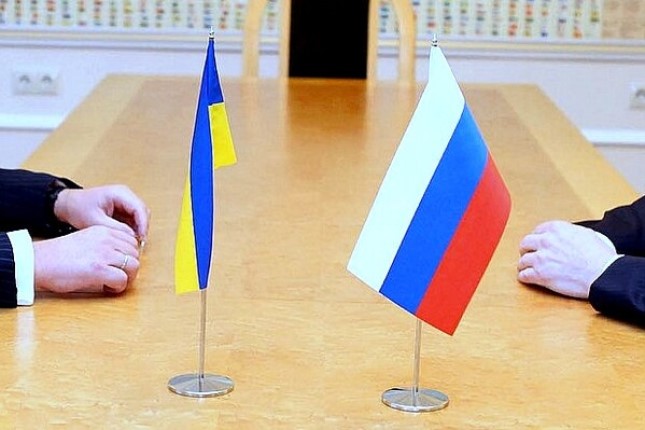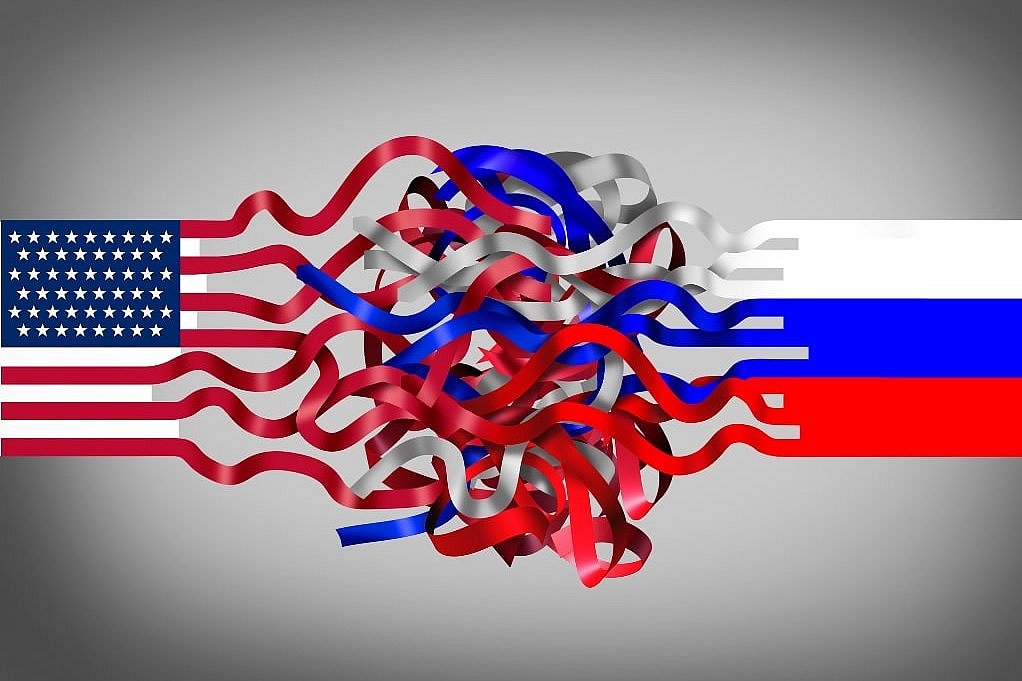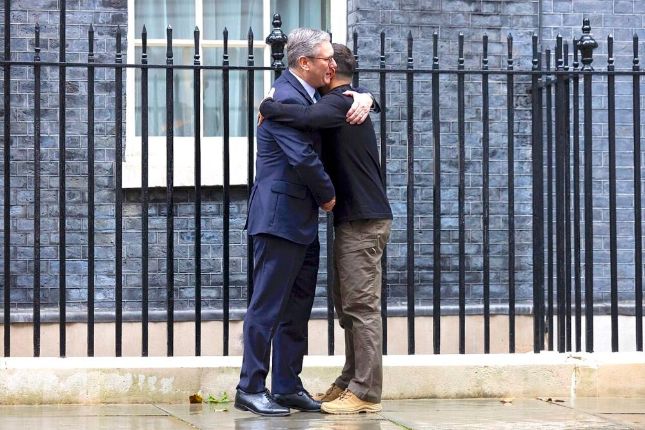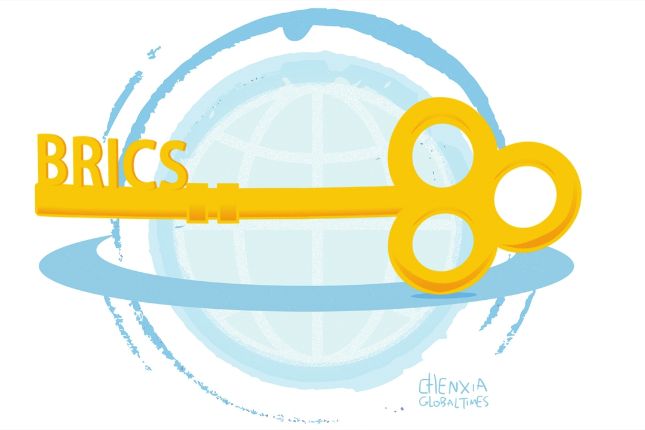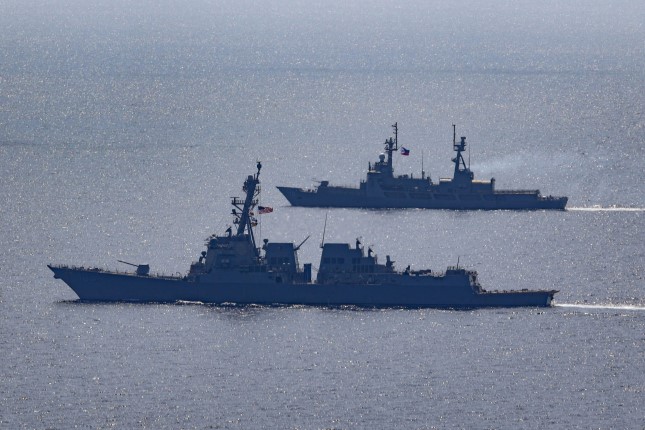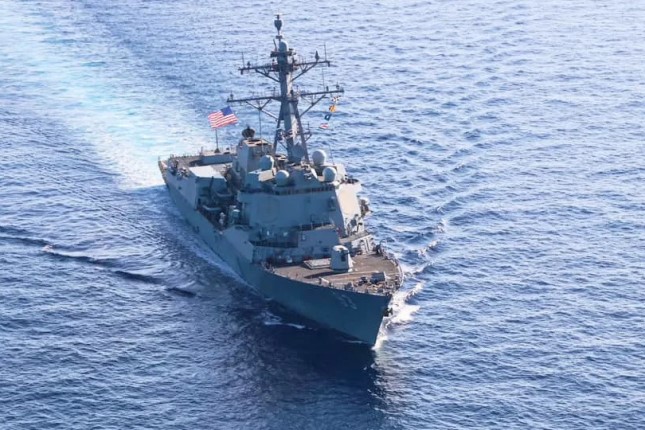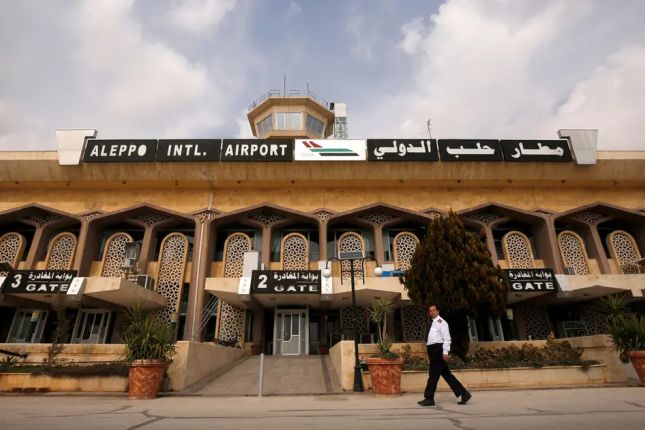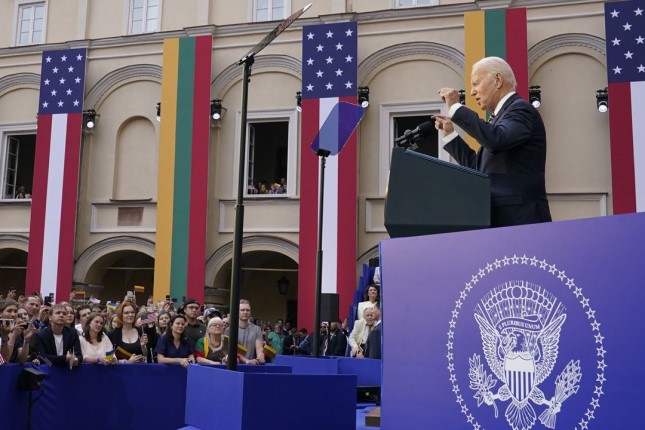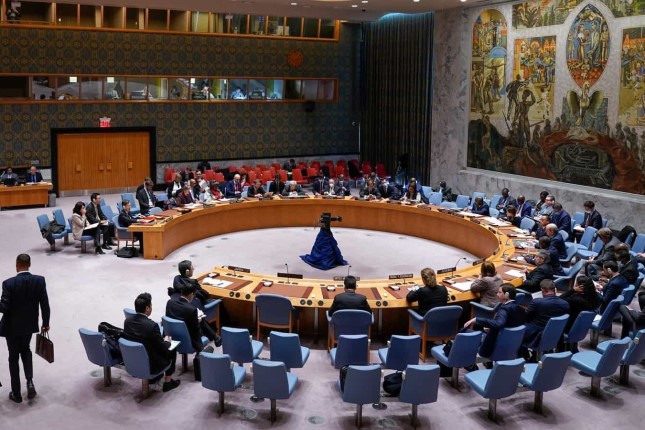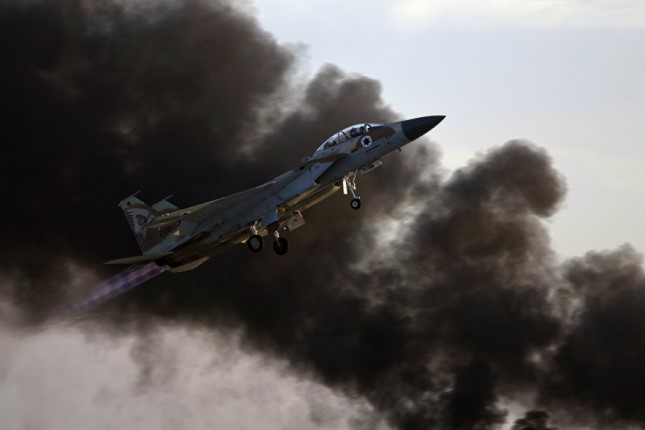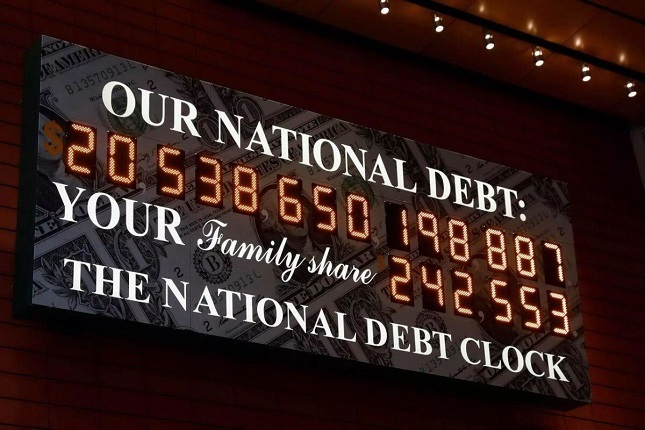NATO members that border Russia and Belarus are afraid that growing opposition to the proxy war in Ukraine inside the United States will put pressure on the Ukrainians to pursue peace talks with Russian President Vladimir Putin, The Hill reported on Tuesday.
While the Biden administration’s stated policy is to back Ukraine for “as long as it takes,” and the majority of Congress still supports the proxy war, there is there is fatigue among Americans. A recent poll from CNN found that 55% of Americans are against Congress authorizing more spending on the conflict.
Former President Trump, the Republican frontrunner for the 2024 election, has claimed he would end the war in Ukraine within “24 hours.” The Biden administration is looking to sign a long-term security deal with Ukraine to tie the hands of a future administration on the issue, but the political climate has some NATO members nervous that peace might be pursued.
The report said that for Poland and the Baltic states of Latvia, Lithuania, and Estonia, talking with Putin is a “red line.” The four nations want the US and the rest of Ukraine’s Western backers to prepare for a future where the Russian leader is completely isolated.
The narrative from the countries on NATO’s “eastern flank” is that peace talks would reward Putin and put Russia in a better position to exert its influence. “All of this then increases the threat on NATO’s borders. Putin would be able to sell negotiations as a victory, and [it] would help him exert even greater political influence globally — we already see it in Africa, in Niger and South Africa. It’s not only a military threat but a diplomatic one, too,” an unnamed Baltic official told The Hill.
Ukrainian President Volodymyr Zelensky has maintained demands for peace talks that are a non-starter for Moscow, including a full Russian withdrawal and Russia ceding Crimea. Zelensky and his government will likely not drop the maximalist demands unless Ukraine loses the support of the US and NATO, which Kyiv has acknowledged is fueling the entire war effort.
In the early days of the war, Russia and Ukraine were engaged in peace talks that seemed promising, but they were discouraged by the US and its allies. The Washington Post reported at the time that “for some in NATO, it’s better for the Ukrainians to keep fighting, and dying, than to achieve a peace that comes too early or at too high a cost to Kyiv and the rest of Europe.”
While the US and NATO insist it’s up to Ukraine to negotiate, according to Ukrainska Pravda, then-British Prime Minister Boris Johnson told Zelensky when a deal was on the table in April 2022 that even if Ukraine was ready to sign an agreement with Putin, Kyiv’s Western backers were not.
Russia’s main demand during the short-lived negotiations that took place in the first months of the war was Ukrainian neutrality. But Ukraine now stands to lose much more as Moscow annexed territory it has captured in southern and eastern Ukraine.
Source: AntiWar.
